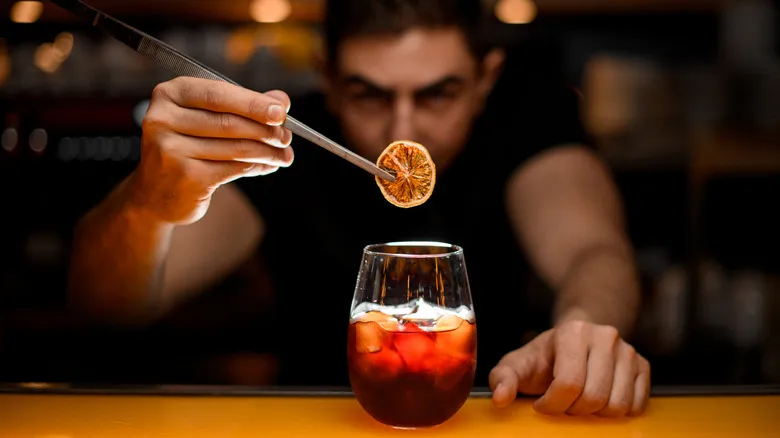A mixologist creates cocktail recipes
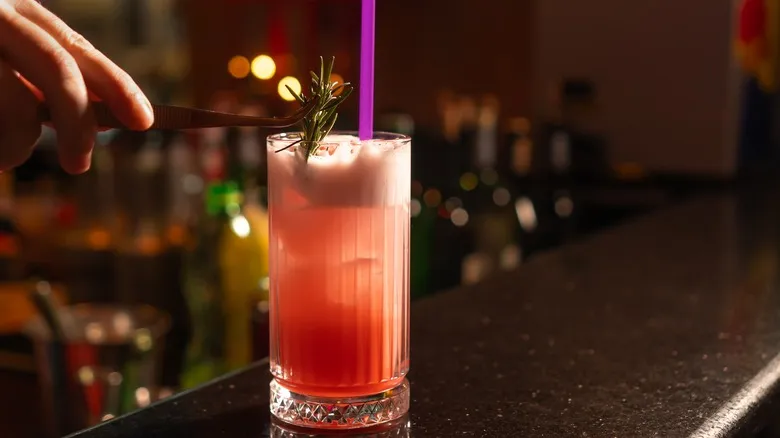
Mixologists do more than just prepare drinks; they create them from scratch. When you enter a restaurant and encounter a craft cocktail menu, you're typically looking at a selection of beverages that you won't find at any other bar. These drinks stand out from standard options like a gin and tonic or an espresso martini because they feature unique flavor combinations and innovative ingredients that deviate from traditional cocktails — and the mastermind behind these creations is the mixologist.
While you can't pursue a degree in mixology as you would in culinary arts focused on food, you can enroll in bartending school, where you'll learn the art of measuring cocktails accurately and discovering which types of alcohol pair best with various mixers. The popularity of craft cocktails has surged in recent years, leading to a greater demand for distinctive drinks and potentially boosting the recognition of the term "mixologist." Additionally, mixologists can also create mocktails, which are non-alcoholic beverages that require a different balance, often highlighting a sweet component.
A bartender serves drinks
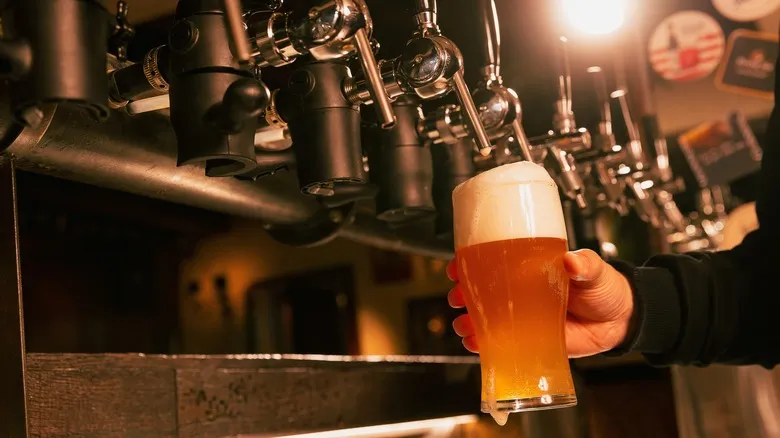
Bartenders face a challenging role, even though they are not usually the ones crafting cocktails. They acquire the skills to prepare a wide variety of drinks, ensuring that when a customer requests a specific beverage, it is made accurately, quickly, and tastes as anticipated. Bartenders must commit to memory an extensive array of cocktail recipes, along with any unique concoctions the establishment may offer.
While there are distinctions between the two roles, some individuals use the terms interchangeably. Many view "mixologist" as a more sophisticated term for a bartender. Discussions about the meaning of "mixologist" can even be found on Reddit. One bartender, who described themselves as such, noted, "If you claim to be a mixologist, I would expect you to have a solid understanding of the chemistry of alcohol and citrus, as well as a deep knowledge of various spirits." They added, "I'm a bartender; I'm skilled at memorizing recipes, pouring drinks, and ensuring that guests enjoy their experience."
Recommended
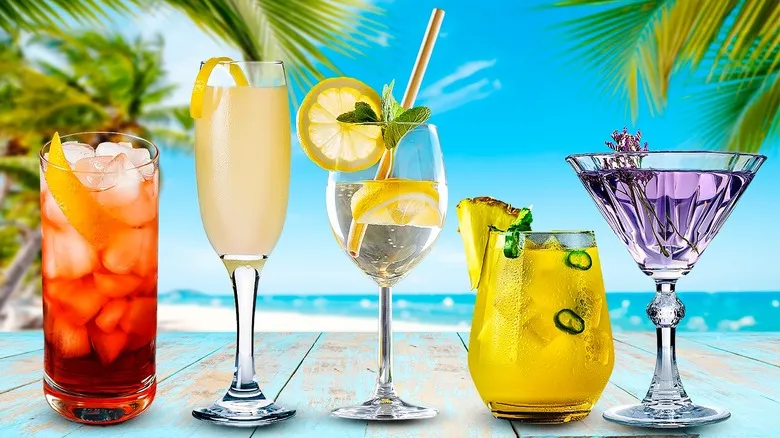
5 Seriously Underrated Summer Cocktails To Sip By The Pool
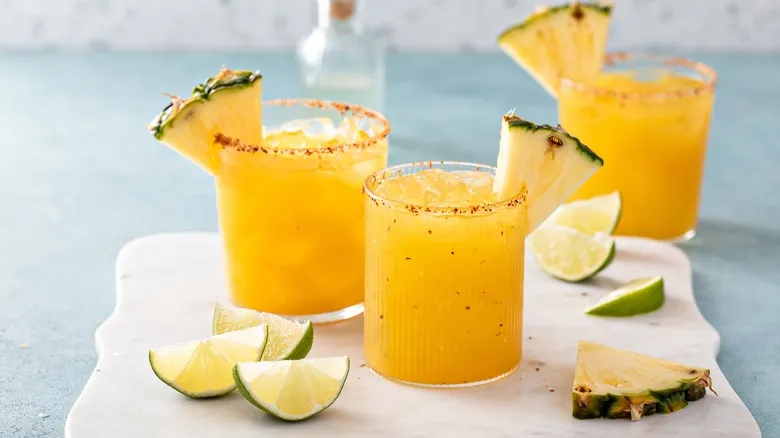
Your Pineapple Margarita Isn't Complete Without A Smoky Twist
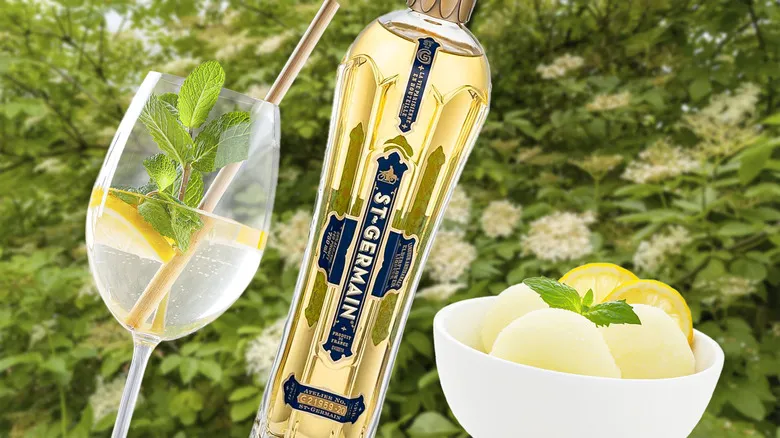
What Is St. Germain Liqueur And How Do You Drink It?
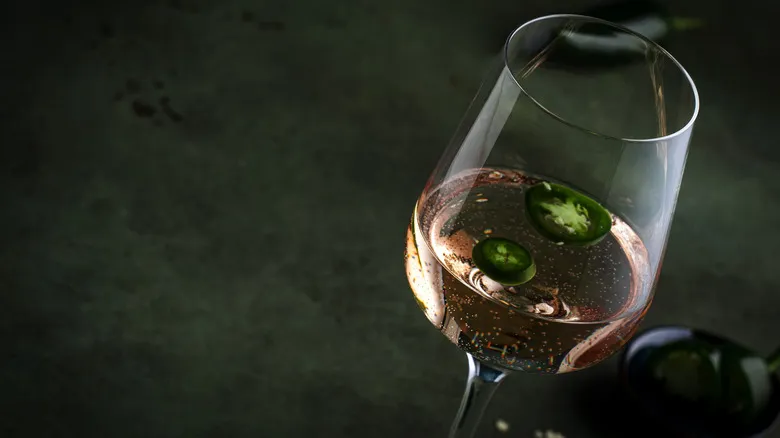
The Simple Trick To Amplify The Flavors Of Your Spicy Rosé
Next up

